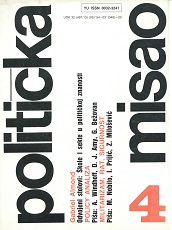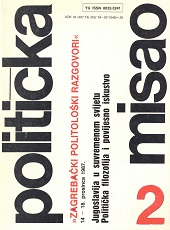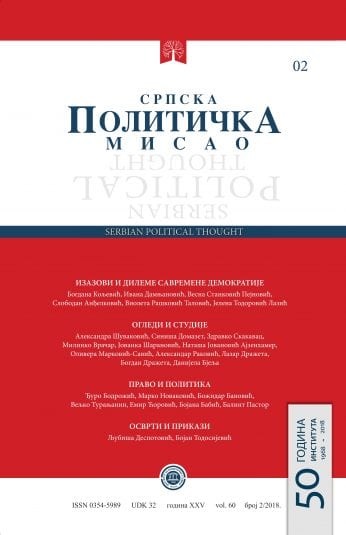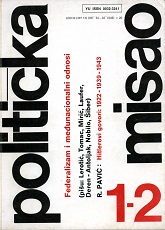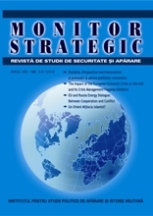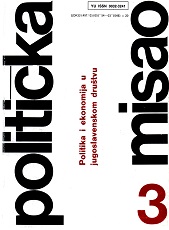
Mogući utjecaj evropskih ekonomskih integracija na jugoslavensku privredu
The inclusion of Yugoslavia into world economy means in fact inclusion into European developments in terms of integration and into the structures of Europe. In a situation where the economic performances of the system appear increasingly to weaken, the maintenance of an economic system removed from the market laws of business and burdened with great difficulties for accumulation and investment, might finally undermine the possibility of growth for Yugoslav economy and distance it from contemporary international economic trends. Yugoslavia cannot base its development on closed autarchic economic structures any longer, but must instead form a structure of economy according to world criteria and rational standards. Under these circumstances special attention must be devoted to the development of science and technology as component part of economic and social development. The strategy of economic relationships with the outside world, which means, in the first place, with the area of European integration in a wider sense, should be seen as a constituent part of the total strategy of the country’s social and economic development.
More...
